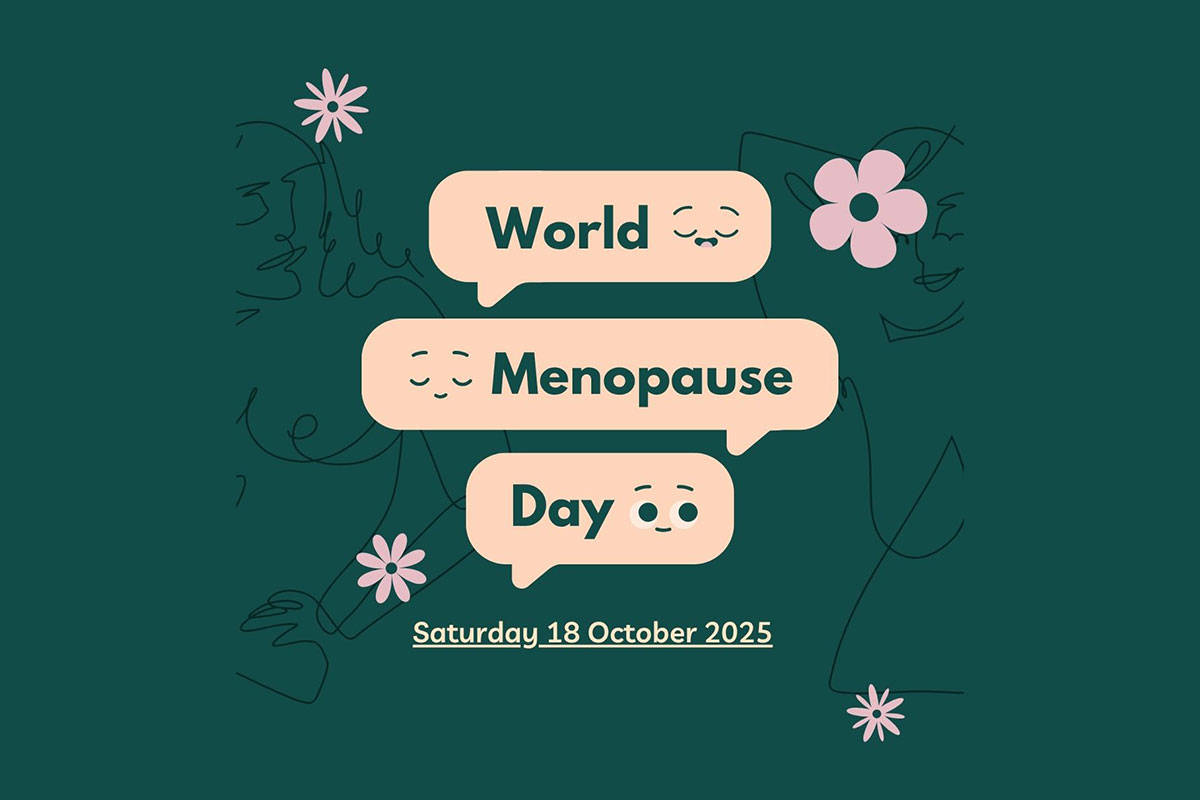


Both proactive and reactive steps can be taken to encourage a supportive and caring culture, whilst getting the best out of individuals when they are at work.
We have summarised certain areas for employers to consider below:
Full and thorough training
It is important that staff, particularly managers and those who supervise others, are made aware of how best to support their colleagues. This includes allowing employees a safe space to discuss matters, as well as ensuring that managers understand how the menopause can affect people, and sensitive and appropriate ways to deal with matters as and when they arise.
This could include having a menopause champion within the organisation who is the ‘go-to’ for such matters. They can offer initial advice and guidance to employees when needed, and ensure that menopause is a key issue being considered by managers and other employees alike.
Menopause policies
The menopause is not in itself a protected characteristic under the Equality Act 2010, but employees should not be treated less favourably or disadvantaged because of the menopause or the symptoms that they experience. To do so could give rise to a claim for discrimination under the recognised protected characteristics, such as sex or age.
Employers should therefore consider adopting a menopause policy for the workplace, which explains the menopause and directs employees to relevant support that is available. Such a policy can demonstrate the training that is being provided, and that the organisation is providing support for employees. It will be important for employers to prioritise these steps to ensure compliance with necessary legislation so that employees are in a comfortable and supporting environment.
Health and safety considerations
Under legislation, particularly the Health and Safety at Work Act 1974, employers have a duty to their employees, where reasonably practicable, to ensure health, safety and welfare at work. Employers should take particular note of this and conduct a risk assessment of the workplace, which should include considering how to minimise the exacerbation of menopause symptoms in the work environment. These factors could include looking at workplace temperature; whether there are suitable rest spaces; and ensuring that adequate training related to health and safety has been provided.
If you’d like to discuss this further, contact Molly Mackay on email: mxm@cooperburnett.com or tel: 01892 515022.
This blog is not intended as legal advice that can be relied upon and CooperBurnett LLP does not accept any responsibility for the accuracy of its contents.
By Molly Mackay, Associate Solicitor, Corporate and Employment



